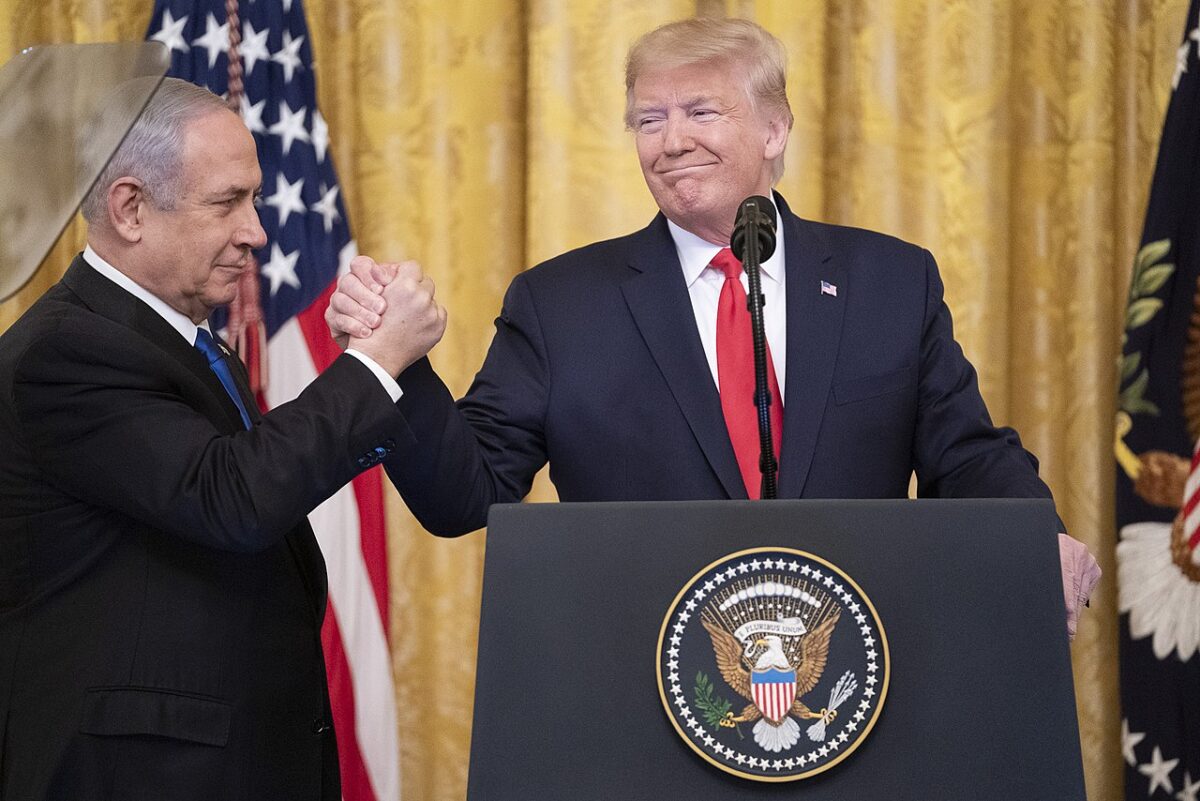The European Union, having rejected President Donald Trump’s Israeli-Palestinian peace plan, recently invited the United States to seriously consider its own peace proposal.
One can safely assume that the Trump administration is not in the least interested. Nonetheless, the U.S. should take a long, hard look at the European proposal, which conforms to internationally agreed parameters.
European Union foreign policy chief Josep Borrell acknowledges that Trump’s “Peace to Prosperity” plan has created some political momentum, the Palestinians’ categorical rejection of it notwithstanding.
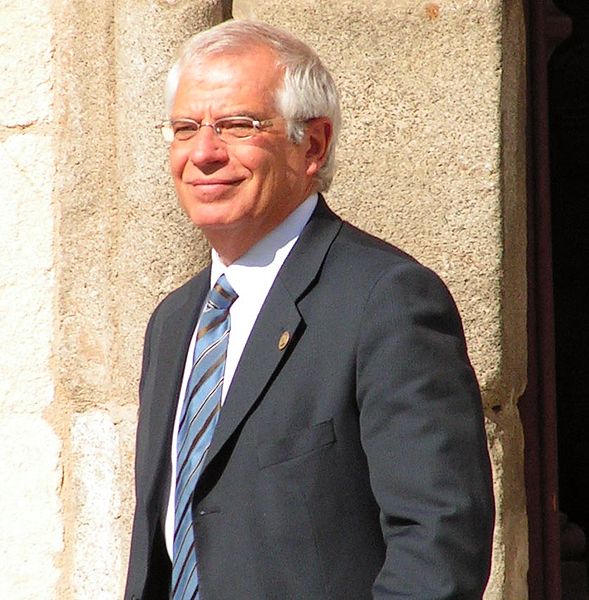
The Europeans have a point.
Israel and the Palestinian Authority last participated in a credible peace process from 2013 to 2014. Despite the best efforts of the American mediators, President Barack Obama and his secretary of state, John Kerry, the ambitious American initiative failed.
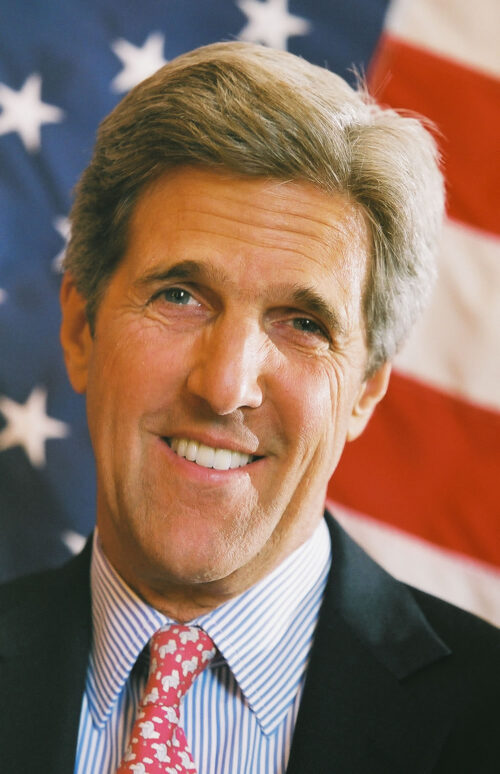
Since then, Israel and the Palestinians have drifted further apart, and the heated rhetoric on both sides has made the resumption of negotiations problematic.
Recognizing an opportunity to burnish his presidential legacy, Trump stepped into the void. He and his advisors drew up a peace plan, the so-called deal of the century. Released last January, it was widely regarded as one-sided in Israel’s favor.
Trump offered the Palestinians statehood if they endorsed a rigorous list of demands they would be hard-pressed to accept, much less implement.
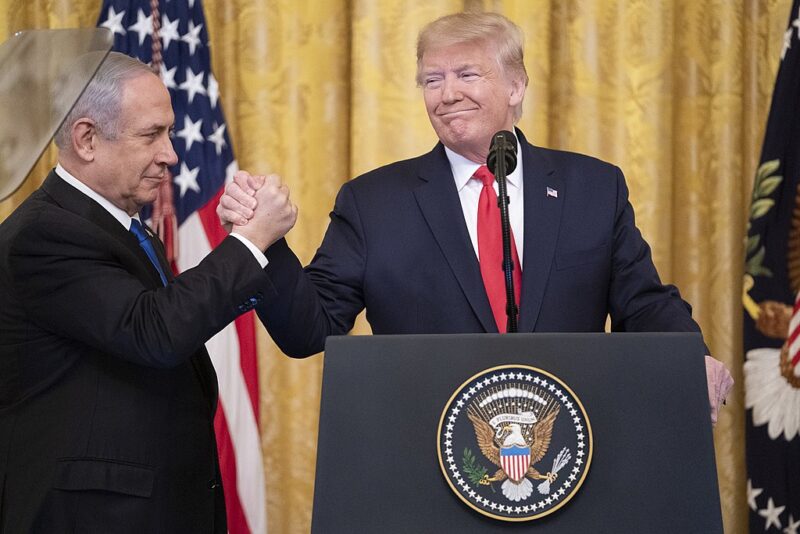
The Palestinian Authority would be granted a state in 70 percent of the West Bank, but it would be broken up into pieces by Israeli enclaves and roads and would be under Israel’s overall security control. Israel would annex 30 percent of the West Bank, namely the Jordan Valley and all its settlements. Israel’s capital would be in western and eastern Jerusalem, the latter of which the Palestinians claim.
In addition, the Palestinian Authority would be expected to disarm Hamas and regain control of the Gaza Strip, and to recognize Israel as a Jewish state.
To no one’s surprise, the Palestinian Authority denounced the U.S. plan, refusing to send representatives to a White House ceremony where its details were announced. Arab reaction was tepid at best.
By then, the relationship between the Trump administration and the Palestinian Authority had turned icy cold.
Much to the dismay of the Palestinians, Trump had recognized Jerusalem as Israel’s capital, transferred the U.S. embassy in Tel Aviv to Jerusalem, recognized the legitimacy of Israel’s settlements in the West Bank, closed the PLO office in Washington, and ended its subsidies to UNRWA, the United Nations agency that provides food and services to Palestinian refugees throughout the Middle East.
As far as the Palestinians were concerned, Trump’s plan was still-born and dead in the water. In recent days, Israeli Prime Minister Benjamin Netanyahu has further weakened it by having promised members of his right-wing Likud Party that he will never recognize a sovereign Palestinian state.

On June 16, the Likud’s whip, Miki Zohar, told reporters that Netanyahu will not even recognize the principle of Palestinian statehood, a pillar of the Trump plan. “We will never recognize a Palestinian state!” he declared.
Israeli officials who endorse Trump’s plan insist that the annexation clause will have no bearing on the prospects for Palestinian statehood.
In a self-serving piece in The Washington Post, Israel’s outgoing ambassador to the United States and Netanyahu’s confidant, Ron Dermer, claimed that “the extension of Israeli sovereignty to certain territories in Judea and Samaria will not, as many critics suggest, destroy the two-state solution.”
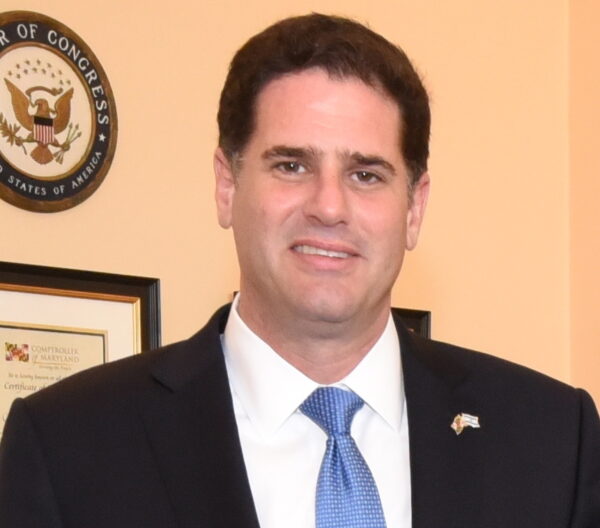
Dermer is either engaging in cynicism, or dreaming in technicolor.
Israeli annexation of one-third of the West Bank will deprive the Palestinians of a contiguous and viable state, reducing it to an archipelago of disconnected bits of land here and there. Palestinian Authority President Mahmoud Abbas will never accept such a truncated toy state.
So what is the point of the Trump plan if the Palestinians pour scorn on it and boycott it?
This is where the European Union proposal comes in. Advocating a two-state solution along the pre-1967 armistice lines, with the possibility of mutually agreed land swaps, it is far more fair and balanced than the U.S. plan.
True, the current Israeli government has nothing but disdain for the European proposal. But as Borrell correctly said, Israel and the Palestinians should be encouraged to engage in a “credible and meaningful political process” that benefits both sides rather than only one.
The Trump plan is neither credible nor meaningful. The European proposal does not suffer from an absence of credibility. It may not fly today or tomorrow, but it offers Israel and the Palestinians a path forward to peace, coexistence and stability.
